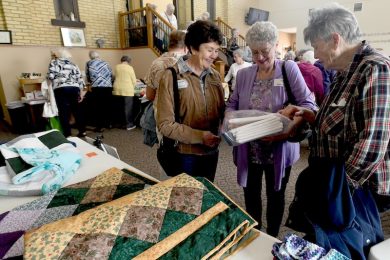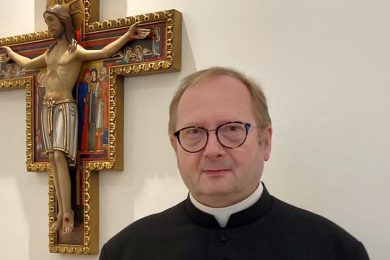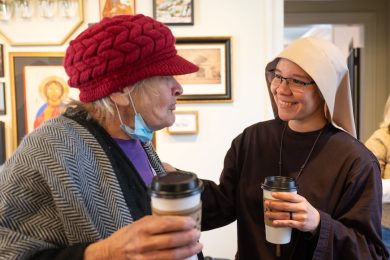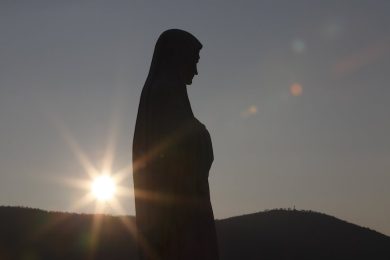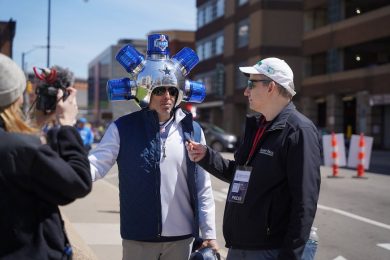More mass shootings — five police officers killed in Dallas, 49 persons murdered by a man with an assault weapon in Orlando. More debates about gun control, gun rights and safety within our nation.

Once again the debates consider the rights of individuals to possess military-style assault weapons with their capacity to kill so many people in so short a time, as in Orlando and Dallas. Once again we hear about upholding the Second Amendment.
Catholic social teaching offers a number of points related to this issue and this debate. First is that every one of us has an obligation to help create the best possible living conditions in our society so that everyone can do well. That includes creating public policies and laws to ensure that people feel safe in elementary schools, in theaters, in workplaces and in nightclubs.
There are many competing views on how to make this happen. Still, it would seem that a few basic changes in gun laws could move us in this direction: 1) background checks on persons buying weapons at private gun sales; 2) an outright ban on assault weapons, like the AR-15; 3) barring persons with mental illness as well as persons on terrorist watch lists from purchasing any guns.
Rights and obligations
The National Rifle Association may argue that any one of these measures will violate the Second Amendment, that they will deny every individual’s right to purchase a weapon of his or her choice. To that objection Catholic social teaching reminds us that individual rights are not supreme.
In his 1963 encyclical, “Peace on Earth,” St. John XXIII wrote in some detail about our rights and obligations. While our rights can never be surrendered, our exercise of these rights must be balanced by our duties to the common good (8-38). In other words, there are times when the good of society requires that we not exercise a particular right.
This point was emphasized by Pope Paul VI in 1971 when, introducing the preferential option for the poor, he pointed out that there are times when “the more fortunate should renounce some of their rights so as to place their goods more generously at the service of others” (“A Call to Action,” 23).
This is not a surrendering of one’s rights, but a recognition that for the sake of a greater good, I should be willing to forgo the exercise of my right, for example, to accumulate as much wealth as I can when others are in desperate need, or to insist on protecting my right to purchase an assault weapon when doing so may endanger so many other persons.
My possession and use of such a weapon may not pose a danger or threat to anyone. But my having legal access to an AR-15 also means that access is there for persons who do intend deadly harm to as large a number of people as possible. We need to change that.
Protecting life
In recent discussions about gun control we have heard claims that the Second Amendment represents a sacred right that cannot be denied or threatened. Catholic social teaching makes the claim that individual rights — important as they are for the defense of human dignity — are realized within the communal context.
Our exercise of these rights should be limited by the needs of the larger community, needs that can change over time. That is especially the case when the rights in question relate to nonessential activity, like having access to an assault weapon for recreational purposes.
The Second Amendment is not sacred. It does not represent the highest value we can aspire to defend. That value would be the life and dignity of every human person from conception to natural death. That includes people having a good time in Orlando, people working in San Bernardino, children at a school called Sandy Hook, and police officers in Dallas and everywhere.
Bernie Evans recently retired from St. John’s University School of Theology/Seminary in Collegeville, where he held the Virgil Michel Ecumenical Chair in Rural Social Ministries.

